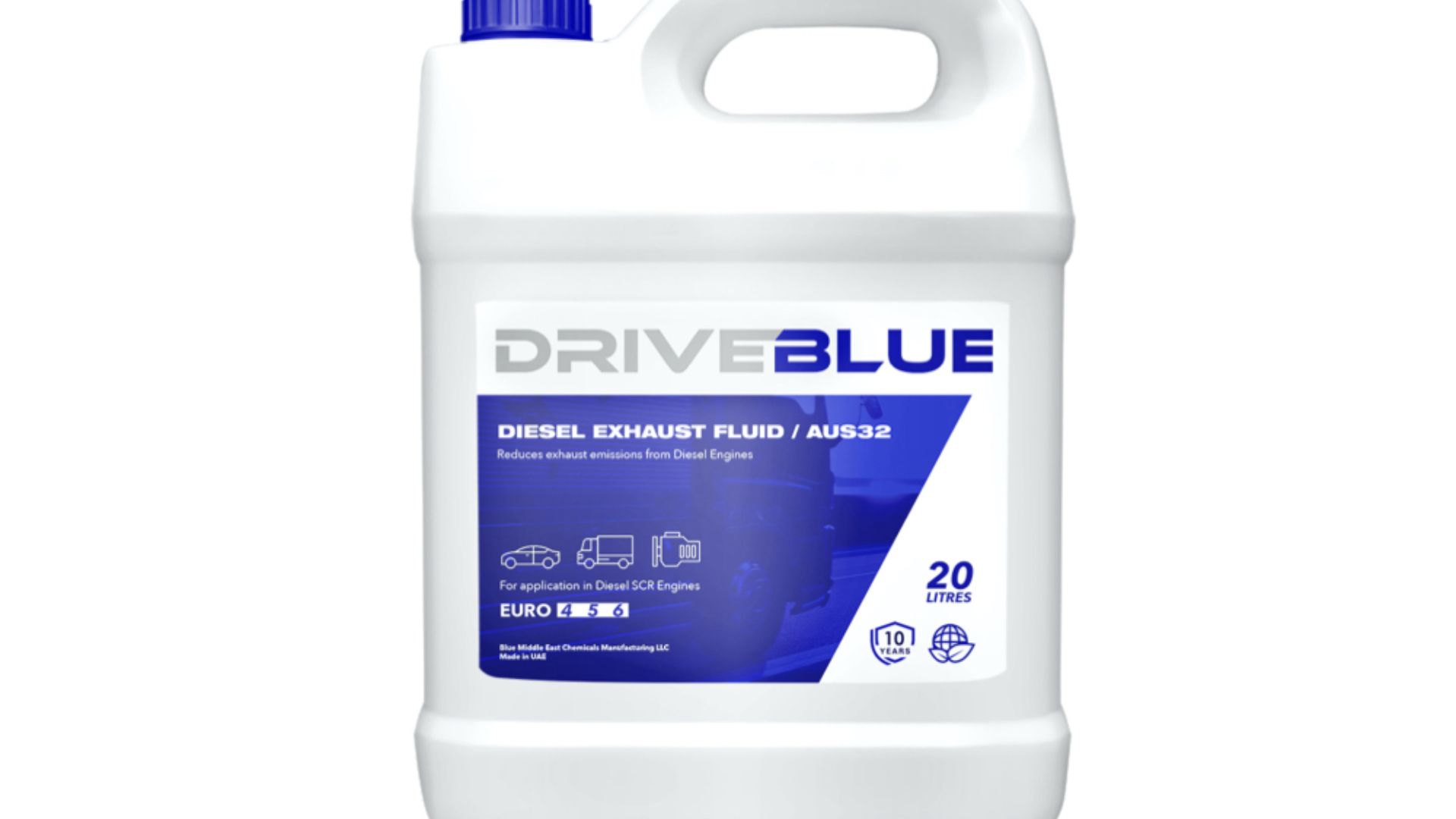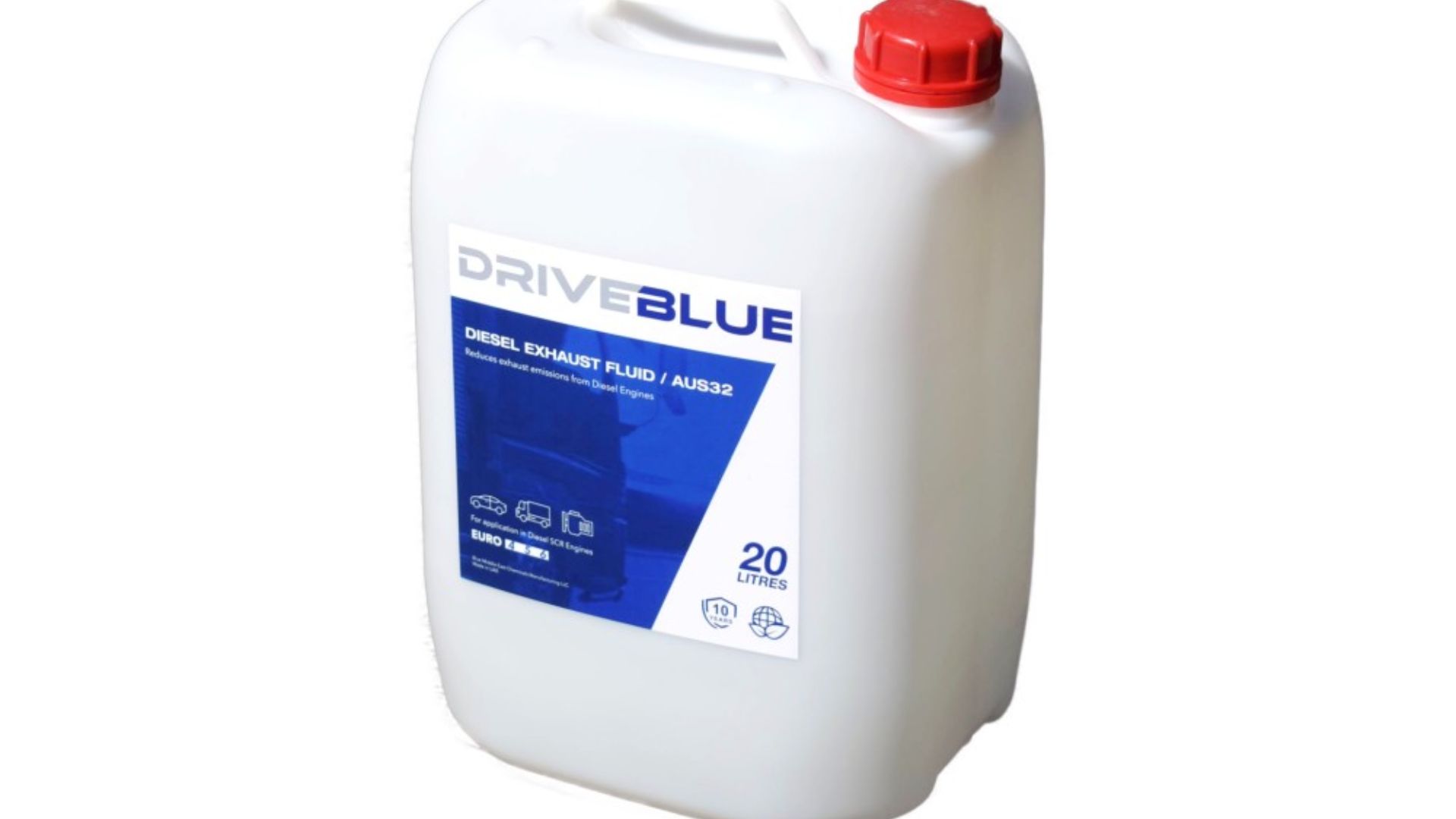In the realm of diesel engines, emissions control has always been a topic of significant concern and rigorous regulation· As part of the global effort to reduce the environmental impact of diesel emissions, DEF has emerged as a crucial component in the quest for cleaner air· This guide aims to demystify DEF, exploring its composition, function, handling, and importance in today’s eco-conscious world·

Introduction to DEF
Diesel Exhaust Fluid (DEF) is a non-toxic solution that plays a pivotal role in reducing the amount of nitrogen oxides (NOx) emitted by diesel engines· Composed of 32·5% urea and 67·5% deionized water, DEF is used in vehicles equipped with Selective Catalytic Reduction (SCR) systems to transform NOx, a harmful pollutant, into harmless nitrogen and water vapor· This chemical reaction occurs in the SCR catalyst, which is part of the vehicle’s exhaust system, effectively reducing the levels of NOx released into the atmosphere·
The Importance of DEF in Modern Diesel Engines
The implementation of DEF and SCR technology represents a significant advancement in diesel engine design, primarily driven by stringent environmental regulations worldwide· NOx emissions are a major concern because of their harmful impact on human health and their contribution to the formation of smog and acid rain· By significantly reducing NOx emissions, DEF helps diesel vehicles meet these regulations, ensuring they can operate in environmentally sensitive areas and helping companies adhere to corporate sustainability goals·
How DEF Works
When a diesel vehicle operates, its engine emits NOx gases as part of the combustion process· The SCR system introduces DEF into the exhaust stream, where the urea solution decomposes into ammonia (NH3) and carbon dioxide (CO2) when exposed to high temperatures· When the exhaust gases mixed with ammonia pass over the SCR catalyst, a chemical reaction occurs that converts NOx into nitrogen and water vapor, which are both harmless to the environment· This process is highly efficient, allowing modern diesel engines to achieve significant reductions in NOx emissions·
Handling and Storing DEF
Proper handling and storage of DEF are essential to maintain its effectiveness· DEF is sensitive to contamination and can degrade if exposed to direct sunlight or high temperatures for extended periods· It should be stored in a cool, dry place, out of direct sunlight, and in containers made of materials compatible with DEF (typically certain plastics or stainless steel)· Contamination of DEF with dirt, dust, or other substances can cause the SCR system to malfunction, leading to increased emissions and potential damage to the vehicle·
Furthermore, while DEF is non-toxic and safe to handle, it is advisable to use protective equipment, such as gloves and goggles, to avoid irritation or discomfort that can occur from direct contact·

Conclusion
DEF is a testament to the advancements in environmental engineering and the automotive industry’s commitment to reducing the ecological footprint of diesel engines· As regulations become even more stringent, the role of DEF in enabling diesel-powered vehicles to meet these standards becomes increasingly important· Understanding the composition, function, and proper handling of DEF is crucial for anyone involved in the operation, maintenance, or management of diesel vehicles· By embracing DEF and the technology it supports, we can enjoy the benefits of diesel power while significantly mitigating its environmental impact· As we continue to strive for a cleaner, more sustainable future, DEF stands as a key player in the ongoing journey toward greener horizons·
